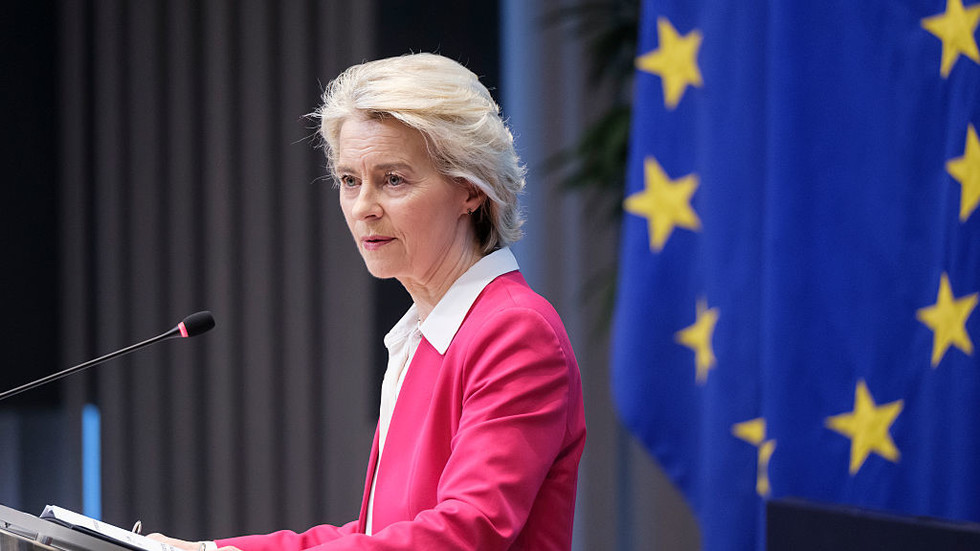The world’s attention is focused on Tianjin, China, where over 1,800 delegates from more than 90 countries have gathered for the “Summer Davos” event. Organized by the World Economic Forum (WEF), this three-day meeting is centered on reigniting growth through entrepreneurship and innovation, amidst concerns about the global economy. The 16th Annual Meeting of the New Champions 2025 is exploring five key areas: understanding the world economy, China’s outlook, disrupted industries, investing in people and the planet, and new energy and materials.
A significant highlight of the first day was the release of a report showcasing the “Top 10 Emerging Technologies of 2025”. These innovations have the potential to transform industries and societies, featuring cutting-edge technologies such as structural battery composites, autonomous biochemical sensing, and generative AI watermarking. According to the report, these emerging technologies are expected to yield practical results within the next three to five years and could play a crucial role in addressing pressing global challenges.
WEF President and CEO, Borge Brende, acknowledged the challenging geopolitical backdrop of conflicts and global tensions, but expressed optimism about the world’s economic prospects. He emphasized the importance of boosting productivity, driven by new technologies, to increase prosperity and welfare. “That is producing more for less, and that is prosperity. It’s the only way to increase people’s welfare, to have more resources, to invest in education, health, and people’s livelihoods,” he said.
Rania Al-Mashat, Egypt’s Minister of Planning, Economic Development, and International Cooperation, highlighted the need for innovative policymaking to tackle sluggish growth and increasing volatility in the global economy. “When we talk about entrepreneurship, it’s not just about technology, but also entrepreneurial policymaking and trying to create resilient and innovative policy frameworks to weather the shocks we are facing,” she said.
Artificial Intelligence (AI) was another highly debated topic on the opening day, particularly given the rapid advancements in China’s AI sector in recent months. Established by the WEF in 2007, the Summer Davos event is held annually in China, alternating between Tianjin and Dalian. As the world grapples with economic uncertainty, the Summer Davos meeting serves as a platform for global leaders to discuss and shape the future of entrepreneurship, innovation, and economic growth.


